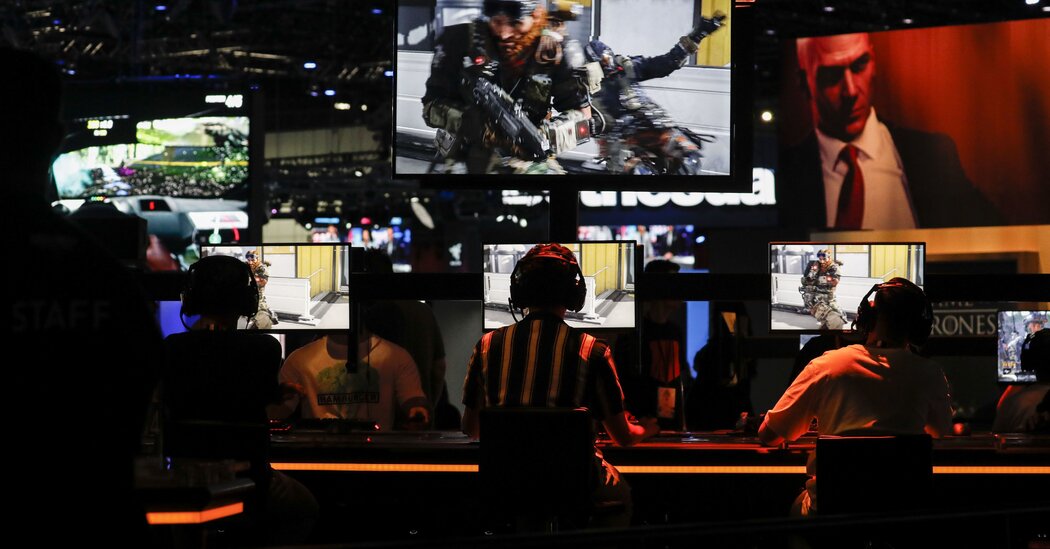
Even as it looks to distance itself from Sony, Microsoft’s acquisition could also strengthen its position relative to other tech giants with deep pockets — like Amazon, Tencent and Google — that have signaled their intentions to invest more in the lucrative gaming business.
Joost van Dreunen, a gaming investor, adviser and New York University professor who studies the business of video games, said buying Activision was “part defensive” because “you make it so the others can’t have it.”
“They raise the bar regarding the cost of acquisition,” he added. “If you want to be at the table, you better bring your wallet.”
Despite Microsoft’s initial hyping of the deal as a foray into the metaverse, it’s not clear how owning more shooter, role-playing and strategy video games helps Microsoft arrive there. Mr. Spencer and Bobby Kotick, the embattled chief executive of Activision, offered a more sober explanation in interviews.
Mr. Kotick said the goal was to ensure that “on the devices that people play games on today, whether they’re phones or consoles or computers or other screens with microprocessors, that we are delivering the most engaging, the most compelling, the very best games.”
Ultimately, gaming may well end up being what popularizes the metaverse. Daniel Ahmad, a senior analyst at the gaming research firm Niko Partners, said Activision regularly evolved games like Call of Duty, updating them with new content and interacting with the community of players. That, he said, could be “a piece of the puzzle for building out these metaverse experiences.”
But such ideas are still quite far away.
Erin Woo and Karen Weise contributed reporting.







